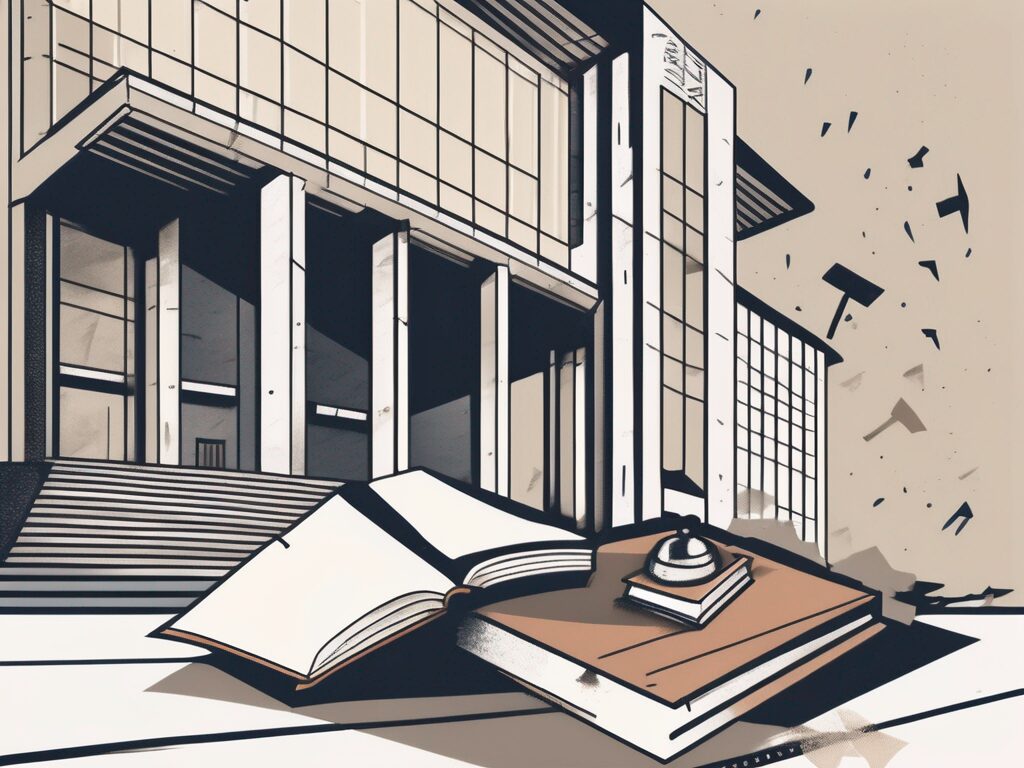Hong Kong, a bustling metropolis known for its towering skyscrapers and vibrant culture, is also home to a complex and challenging higher education system. For International Postgraduate Certificate in Education (IPGCE) teachers, navigating this system can be akin to traversing a labyrinth, fraught with a myriad of issues that can make their teaching journey a challenging one. In this exploration, we’ll delve into five of the most pressing problems that IPGCE teachers face in Hong Kong’s higher education landscape.
Language Barriers
Despite English being one of the official languages of Hong Kong, the reality on the ground is that Cantonese dominates in most social and educational contexts. This can pose a significant challenge for IPGCE teachers, particularly those who are not fluent in Cantonese.
Imagine trying to explain complex scientific concepts or intricate literary themes in a language that your students are not fully comfortable with. It’s akin to trying to fit a square peg in a round hole – a frustrating and often unproductive endeavour.
Moreover, the language barrier extends beyond the classroom. Teachers often have to interact with parents, administrators, and other staff members, many of whom may not be fluent in English. This can lead to misunderstandings and miscommunications, further complicating the teaching process.
2. Cultural Differences
Every culture has its unique nuances and idiosyncrasies, and Hong Kong is no exception. For IPGCE teachers hailing from Western countries, these cultural differences can be quite stark and challenging to navigate.
For instance, the concept of ‘face’ or ‘mianzi’, which refers to a person’s reputation and social standing, is deeply ingrained in Hong Kong society. This can manifest in the classroom in ways that Western teachers might find perplexing. Students may be reluctant to ask questions or participate in discussions for fear of losing face, which can make engaging students in active learning a daunting task.
Moreover, the teacher-student dynamic in Hong Kong can be quite different from that in Western countries. Teachers are often viewed with a high degree of respect and deference, which can create a somewhat formal and distant relationship between teachers and students.
3. High-Stakes Testing
Like many Asian countries, Hong Kong places a heavy emphasis on high-stakes testing. The Hong Kong Diploma of Secondary Education (HKDSE) is a prime example of this, with students’ scores on this exam often determining their future educational and career opportunities.
This ‘exam-centric’ approach can be quite alien to IPGCE teachers, who are often trained in more holistic and student-centred teaching methodologies. The pressure to prepare students for these high-stakes exams can lead to a narrow focus on rote memorisation and drilling, at the expense of critical thinking and creativity.
Furthermore, the high-stakes nature of these exams can create a high-pressure environment for both students and teachers, leading to stress and burnout.
4. Curriculum Differences
The curriculum in Hong Kong’s higher education system can be quite different from what IPGCE teachers are used to. For instance, there is a heavy emphasis on STEM subjects (Science, Technology, Engineering, and Mathematics), with humanities and arts often taking a backseat.
This can be challenging for teachers who are passionate about subjects like history, literature, or philosophy, as they may find fewer opportunities to teach these subjects. Additionally, the heavy STEM focus can make it difficult to foster a well-rounded education that values creativity and critical thinking.
Moreover, the curriculum is often rigid and inflexible, with little room for teachers to adapt it to the needs and interests of their students. This can stifle innovation and make teaching a less rewarding experience.
5. Lack of Resources
Despite Hong Kong’s wealth, many schools in the city are grappling with a lack of resources. This can manifest in overcrowded classrooms, outdated teaching materials, and a lack of support for students with special needs.
Overcrowded classrooms can make it difficult for teachers to give individual attention to each student, which is crucial for effective learning. It’s like trying to have a meaningful conversation in a noisy, crowded room – a challenging, if not impossible, task.
Furthermore, outdated teaching materials can hinder the teaching process, as they may not align with current educational standards or reflect the latest developments in a given field. And for students with special needs, the lack of support can make their educational journey a steep uphill climb.
In conclusion, while teaching in Hong Kong can be a rewarding and enriching experience, it’s not without its challenges. By understanding these issues, IPGCE teachers can better prepare for their teaching journey in this dynamic city.
Elevate Your Teaching Career with IPGCE
Confronted with the complexities of Hong Kong’s higher education system, IPGCE stands as a beacon for educators seeking to enhance their qualifications and overcome the barriers outlined above. Whether you’re facing overcrowded classrooms, outdated materials, or feeling isolated in your professional journey, the International Postgraduate Certificate in Education (iPGCE) is your pathway to not just navigate but excel in the educational labyrinth. With a proven track record of increasing interview callbacks, promotion rates, and salary, as well as enriching your global curriculum understanding and professional network, the iPGCE is the catalyst you need for meaningful career progression. Embrace the opportunity to balance your professional development with your current commitments through our flexible online study options. Join the UK’s #1 Teacher Training Course today and transform the challenges into stepping stones for success.

